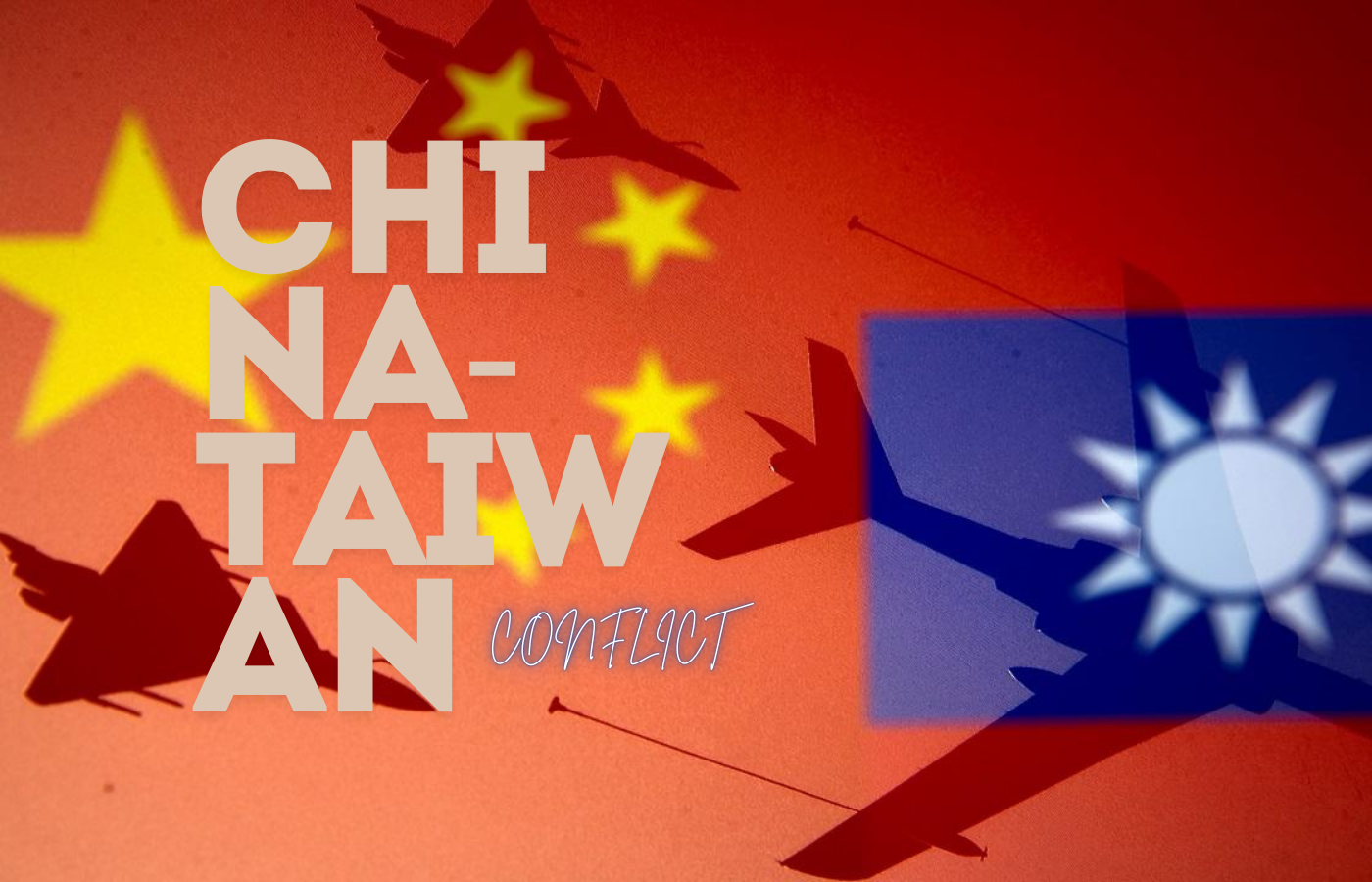
China-Taiwan Crisis: Historical Background and Exit Prescription
Undoubtedly, the global agenda will continue to follow the warming region and the China-Taiwan Crisis for some time to come. However, given the conflicting interests, it is only a matter of time before this crisis gets out of hand and even turns into a war.
Let’s briefly update our knowledge of history before evaluating the issue…
Tensions between China and Taiwan began in 1949 when the Communist Party took power in China following the Chinese Civil War and the nationalist Kuomintang (KMT) fled to Taiwan. The People’s Republic of China (PRC) considers Taiwan as part of its territory. Taiwan, on the other hand, is de facto independent and governed by a democracy. This historical rivalry is the basis for a crisis that continues to this day and flares up from time to time.
But is this crisis likely to escalate into a war?
Of course, China’s aggressive growth in armaments and the fact that it is now numerically the most powerful military in the world can be interpreted to mean that in the event of a war, it would be an easy victory for China. In the meantime, let’s keep in mind that China has been constantly practicing a possible Taiwan landing in drills for years, even replicating critical targets in Taiwan as training grounds and planning raids.
However
It should be recognized that China’s launching a military operation against Taiwan will not be as easy as expected. Taiwan’s geographical structure and its natural advantage, advanced defense systems and the possible support of Western countries, especially the United States, make it difficult for China to achieve this goal. Taiwan’s strategic defense positions and the nature of the island make an amphibious assault quite complicated. Moreover, Taiwan’s military capacity (it is considered the 23rd most powerful army in the world) and its high-tech defense systems must also be taken into account.
Of course, China could eventually capture the island, but at what cost – would the post-war situation put China in a better position? The cost-benefit calculation here is critical for both China and the world.
A Sino-Taiwanese war would severely impact not only the regional but also the global economy. Taiwan is home to giant companies such as TSMC, which holds a large part of the world’s semiconductor production. Therefore, a crisis in Taiwan would cause major supply chain problems in the technology sector. Moreover, China’s potential to control trade routes in the Asia-Pacific region would cause major disruptions in energy and raw materials and finished goods trade.
While it is difficult to give a clear figure now, we can perhaps better understand the estimated global impact of this war through the following comparisons.
Compared to the economic costs of the COVID-19 pandemic and the Russia-Ukraine war, this potential crisis has the potential to have a similar or greater impact. The pandemic caused trillions of dollars of damage to the global economy, while the Russia-Ukraine war caused huge fluctuations in energy prices and food security crises. A war between China and Taiwan could cause trillions of dollars in economic losses through supply chain disruptions in the technology sector and trade disruptions in the Asia-Pacific region.
So what should be the roadmap?
Here are some of the steps that should be taken to resolve this crisis and achieve lasting peace:
Increase Diplomatic Efforts: The international community should step up diplomatic efforts to reduce tensions between China and Taiwan. The United Nations and other international organizations should encourage dialogue and negotiations between the two sides.
Economic Cooperation and Integration: Economic cooperation between China and Taiwan can play an important role in reducing tensions. Trade and investment relations between the two countries can increase interdependence and reduce the likelihood of war.
Avoidance of military intervention: The international community should urge the parties to refrain from military intervention. In particular, the US and other Western countries should balance their military support for Taiwan with diplomatic solutions.
Crisis management and contingency plans: Crisis management and contingency plans should be put in place in regions that are critical to the global economy. Diversifying supply chains and creating alternative sources of supply can reduce the impact of a potential crisis.
In short, the tensions between China and Taiwan are a serious crisis that threatens world peace and economic stability. The potential economic impact of this crisis could be enormous compared to the costs of the COVID-19 pandemic and the Russian-Ukrainian war. Therefore, the international community must take action to prevent this crisis by increasing its diplomatic efforts, promoting economic cooperation and integration, and avoiding military intervention. Cooperation and dialog are more important than ever in resolving such crises in order to protect world peace and human lives.



